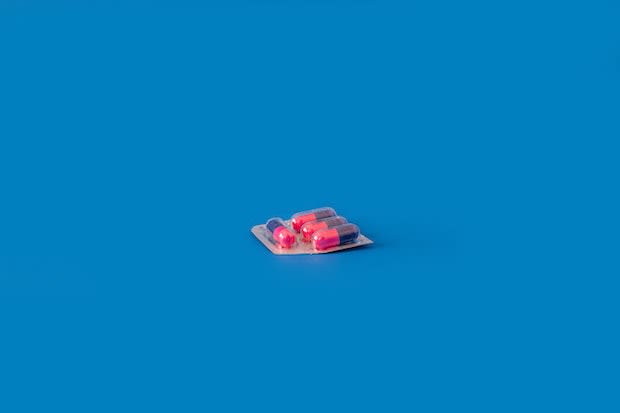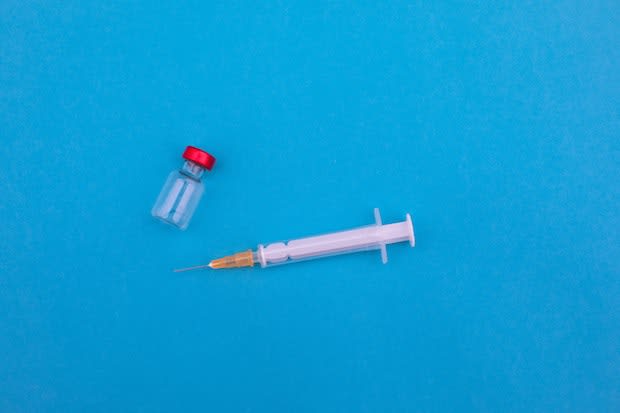Table of Contents
c. Cholesterol Absorption Inhibitors
III. Treatment Plans & Healthy Lifestyles
The Silent Killer
High cholesterol has no symptoms and can easily go undetected. If this condition is not treated, it can lead to severe complications. High cholesterol can narrow and constrict arteries throughout your body, increasing your risk of a heart attack or stroke. Medications like Lipitor (atorvastatin) and Zetia (ezetimibe) have been made to manage cholesterol levels.
If you are diagnosed with high cholesterol, transitioning to a healthier lifestyle is typically the first line of treatment. If your cholesterol levels remain high after making lifestyle changes, there are a number of different treatment methods available.
Types of Treatments
a. Statins
Statins are the most common type of drug that is prescribed to people with high cholesterol. Lipitor (atorvastatin) is a type of statin drug. Statin drugs work by blocking a substance in your body that makes cholesterol, effectively lowering levels and reducing the risk of heart attack and stroke. [1] [2]
Statins are safe for most people but can cause side effects like cramps, constipation, diarrhea, headaches, and nausea. Statin drugs can also increase blood sugar levels, which increases the risk of type 2 diabetes. Liver damage and memory loss have occasionally occurred during statin use. [2] Medications under this category of treatment undergo a process that tricks your liver into handling excess cholesterol. Essentially, your stomach needs bile-acids for digestion. Your liver makes bile acids from cholesterol. When this medication binds to bile acids, your liver is forced to make more bile acid, using up more cholesterol. [3] Bile-acid-binding resins can improve your cholesterol levels and help prevent heart disease, heart attack, and stroke. Side effects may include heartburn, gas, bloating, muscle pain, and diarrhea. Your risk of complications with this type of treatment increases if you have stomach ulcers or allergies. Tell your doctor if you are planning for pregnancy, expecting a child, or breastfeeding prior to starting treatment. [4] Like its name suggests cholesterol absorption inhibitors lower levels by stopping your intestines from absorbing cholesterol. Zetia (ezetimibe) is a drug that belongs to this class. Cholesterol absorption inhibitors are sometimes combined with a statin to maximize treatment effectiveness. [1] Before starting on cholesterol absorption inhibitors, let your doctor know if you have liver or muscle problems. Common side effects are diarrhea, joint pain, viral infection, and a stuffy nose. If you experience dark-colored urine, fever, or trouble moving your limbs, you may have severe side effects that require medical attention. [5] A newer kind of injectable treatment involves PCSK9 inhibitors. PCSK9 stands for proprotein convertase subtilisin/kexin type 9 serine protease. This substance manages cholesterol metabolism by affecting how your body handles LDL cholesterol. PCSK9 inhibitors may be prescribed to people who have conditions that do not allow them to take statins. PCSK9 inhibitors may also be used to treat patients who are genetically predisposed to high levels of LDL. [3] Common side effects of PCSK9 inhibitors include soreness or itchiness at the injection site, muscle pain, and flu-like symptoms. [6] With a number of treatment methods to choose from, the right treatment plan will depend on factors like your family history and your health complications. Lipitor (atorvastatin) and Zetia (ezetimibe) are both effective ways to treat high cholesterol. Talk to your doctor if certain possible side effects concern you. Most of the time, your doctor will recommend some lifestyle changes to go along with your treatment plan. These changes may include reducing your intake of saturated and trans fats. Consuming more soluble fiber can also be beneficial for keeping LDL cholesterol low. High cholesterol is built-up over time, so it may take a regular and consistent routine to combat. Getting lots of physical exercise can improve cholesterol by raising helpful HDL levels while keeping you at a healthy weight. Smoking and heavy alcohol use can have detrimental effects on your cholesterol, so avoid these habits if possible. Once you have the tools to manage your cholesterol, all there is left to do is to wait patiently for positive results. [2] The content in this article is intended for informational purposes only. This website does not provide medical advice. In all circumstances, you should always seek the advice of your physician and/or other qualified health professionals(s) for drug, medical condition, or treatment advice. The content provided on this website is not a substitute for professional medical advice, diagnosis, or treatment.
b. Bile-acid-binding Resins
c. Cholesterol Absorption Inhibitors

d. Injectable Medications
Treatment Plans & Healthy Lifestyles

